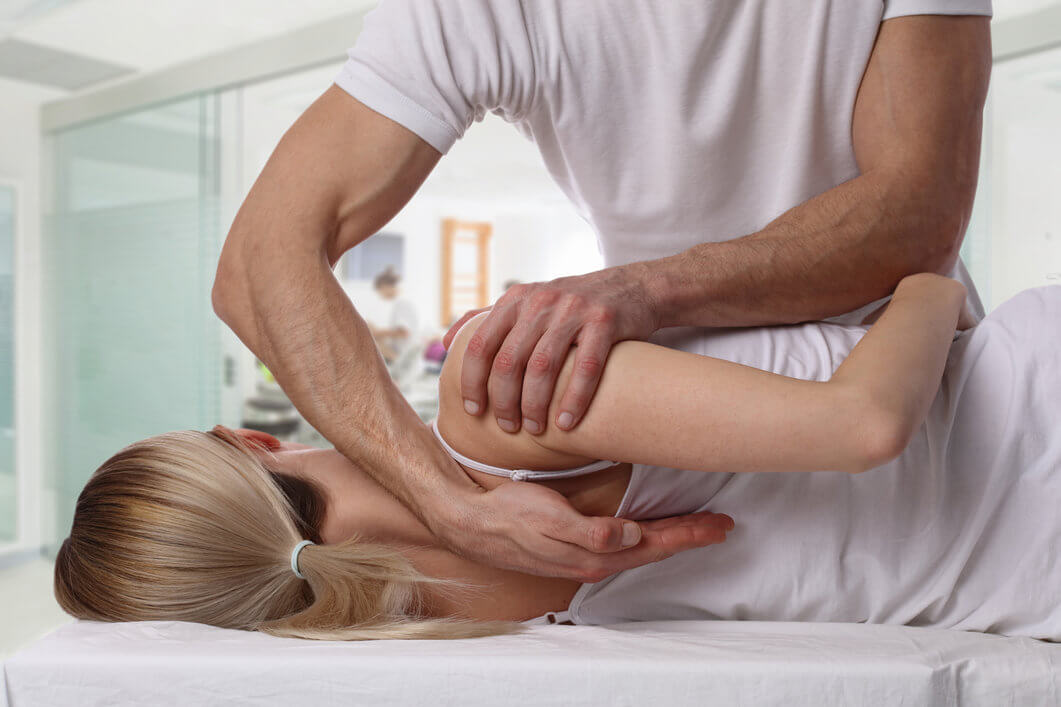Several things can cause a joint to make a clicking sound, including:
Tendons moving across a bony prominence or joint
Bubbles or pockets of nitrogen gas in the joints popping under pressure
Two joints getting stuck on or rubbing over each other due to damaged cartilage as a result of wear and tear
In most cases, joint clicking is harmless. Still, if you are also experiencing pain or discomfort, this could be due to a condition that requires treatment, such as arthritis, tendonitis, patellofemoral pain syndrome (runner’s knee) or torn cartilage.
If you experience pain when moving your joints or are worried about any clicking, it’s essential to see an orthopaedic or sports medicine specialist as soon as you can so that you can receive prompt treatment should you need it.


